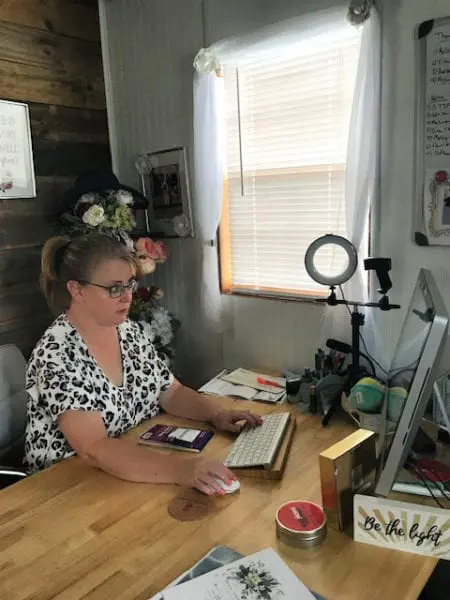Understanding PTSD and How To Cope With It

Post-Traumatic Stress Disorder (PTSD) is a disorder that can develop after a person experiences or witnesses a traumatic event. This disorder can affect anyone, though it is more common in those who have experienced war, abuse, accidents, or other intense trauma. Unfortunately, many people don’t understand the severity of PTSD or how to cope with it. In this blog post, we’ll discuss what PTSD is and how you can manage your symptoms if you are living with this disorder.
What Is PTSD?
PTSD is an anxiety disorder caused by experiencing or witnessing a traumatic event such as war, abuse, accidents, natural disasters, etc. PTSD can cause physical symptoms such as changes in appetite or sleeping patterns as well as psychological symptoms including flashbacks to the event, extreme fear or anger when reminded of the event, avoidance of certain situations that may trigger memories of the event, and feeling on edge or easily startled.
How Does PTSD Develop?
PTSD develops when someone experiences a traumatic event that overwhelms their ability to cope. This could be due to being in an unsafe environment or feeling helpless during the event. During the trauma, people may feel fear, horror, and/or powerlessness, which can lead to feelings of isolation and alienation long after the trauma has passed. In addition, some people are more vulnerable than others due in part to genetics and environmental factors—such as prior trauma—which increase the risk of developing PTSD.
How Can Someone Get Help?
The best way for someone suffering from PTSD to get help is by seeking out professional treatment from a mental health provider such as a psychiatrist or psychologist who specializes in treating trauma-related disorders such as PTSD. Treatment typically consists of cognitive behavioral therapy (CBT), which helps individuals identify negative thought patterns that are impacting their moods and behaviors and work towards replacing them with healthier ones. Medication may also be prescribed if necessary. Additionally, places like the Iboga Wellness Center, as well as support groups and online resources can be helpful for those looking for additional support beyond traditional treatment methods.
Symptoms of PTSD
The symptoms of PTSD vary depending on the individual, but they typically include intrusive thoughts related to the event, avoidance, and numbing, changes in mood, hyperarousal, difficulty concentrating, sleep disturbances, and feelings of hopelessness or helplessness. These symptoms can persist for weeks, months, or even years after the event has occurred, leading to further distress and disruption in daily life.
Managing Symptoms
It’s important to recognize the signs and symptoms of PTSD so that you can seek help if needed. If you are struggling with PTSD symptoms, there are many things you can do to manage them. It’s important to find ways to relax and focus on your breathing when feeling overwhelmed. Making sure to get enough restful sleep every night will also help manage symptoms by decreasing irritability and fatigue during the day. Additionally, avoiding drugs and alcohol, as they may increase feelings of depression and anxiety, should be avoided. Finally, reaching out for help from family members and other support systems can provide much-needed comfort during difficult times.
Living with PTSD can be difficult, but there are ways to cope with its effects. By understanding what PTSD is, recognizing its signs and symptoms in yourself or others around you, and managing these symptoms through relaxation techniques, getting enough restful sleep each night avoiding drugs & alcohol, and seeking support from family & friends it is possible to reduce the effects of this disorder. Taking care of yourself both mentally & physically should be your top priority if you feel like you might be struggling with any type of trauma-related issue such as PTSD.
Similar Posts:
- Something Bad Will Happen To Me: Is It PTSD?
- A Detailed Guide on PTSD Caused by Car Accidents
- 10 Ways a Divorce Can Hurt a Child’s Mental Health (And What You Can Do About It)
- Brighter Futures – The 2024 Blueprint for Children’s Mental Health
- Transitioning From Military to Healthcare: Tips for Veterans









